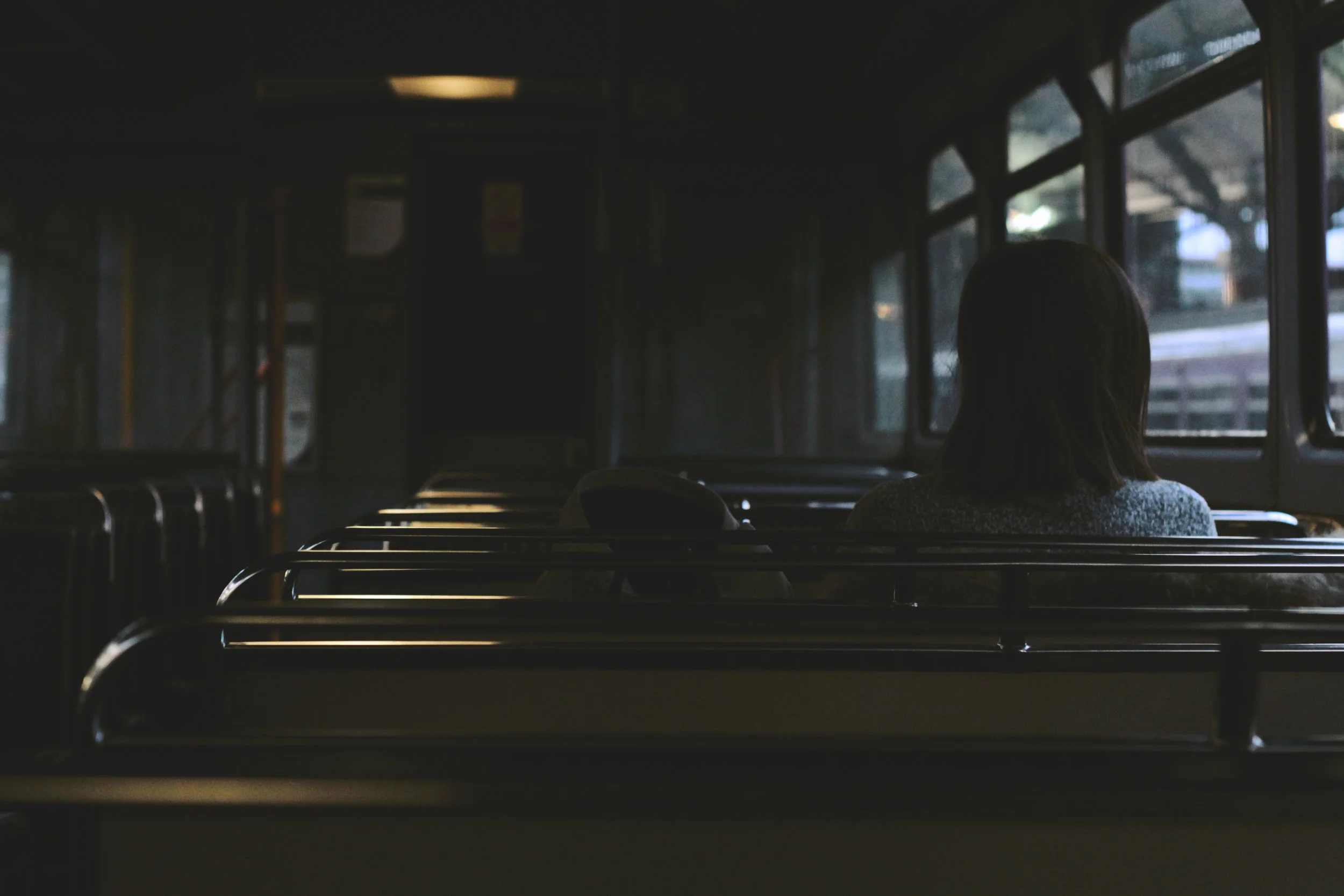Emily Tuttle: To The Woman Who Asked Why I Looked Like That

A Year in Twelve Sentences
January
Your birthday passes, and we treat it like a festival, worried if we do not honor your life enough it will leave more quickly.
February
I can’t count how many miracle stories I have heard, people whose mothers and fathers and cousins were saved, and it starts to give me hope, the kind that scares me,
how erratic it can be.
March
Easter happens, Jesus doesn’t die, and we wonder what happens if our Jesus doesn't love us enough.
April
My mother reads the text you sent her for her birthday, but when she calls, your wife says
you cannot speak, only smile.
May
I see you on Facebook, and you look like an alien, so much so I run to my roommate
who hates crying, but that doesn't stop me from drowning in front of her.
June
Relay for Life, they parade you around, wearing you on their shirts like a mascot,
and when I look at you, I smile, because you don’t care.
July
Your mother hasn't heard from you.
August
You visit your mother and she rubs your back, calls my mother to see you, and takes a picture of your cavernous face next to hers that she will keep on her phone— matching skeletons.
September
You send me a text for my birthday and I tell you of a dream I had where we baked a pie and you laugh at those damn apples, jumping so we could not catch them.
Octoberscreaming across the reservoir, alone, picturing you collapsing, like Jesus and the cross, except the cross has eaten you.
October November?November I am scared when my period comes three days after it ended
until I realize the days have continued without me.
December.
It snows, and I feel like I’m wearing someone else— this new skin doesn’t quite fit.
To The Woman Who Asked Why I Looked Like That
When I was five, I ran into a parked car on my new Barbie bicycle. I had started from the top of my neighbor’s Mount Everest driveway, racing like a meteor, crashing, fully intending to stop for the forest green dinosaur before metal collided with pink plastic, and bone vibrated against cold skin, reducing my body to that of a steel drum, arm split open like the edge of a volcano.
I don’t know how I got to the house. For what felt like hours, I lay there, small body curled and cradling my arm like a child, this useless limb. I looked up at the driver’s side door, thick red streaks finger painted on the green, and later laughed at the thought of an unsuspecting man coming home to this crime scene blood splatter. I pictured his hand trembling as he ran his oil and grime finger down the side, and how frantic, he’d drive home, and wash it off like Lady Macbeth.
My dad was in the bathroom, and I walked in without knocking, holding the arm in front of me, like the feral wolf children we saw on the nighttime news. He ran, a flurry of gauze and alcohol, picking gravel out of muscle, a homemade wrap. They hadn’t even noticed my nose, a little more to the right than it should have been. The doctor didn’t do anything, said I was young enough; it would go back to normal.
But it calloused, raised itself off the thin bridge, hardening like a bone and blood tumor until I look sculpted, a cubist painting, no longer like my father or mother, but something in a museum. When I came back in and showed him, my new crooked battle scar awkwardly splitting my face. I said that I looked broken. He said he couldn’t tell the difference.
Emily Tuttle is a graduate of the University of Maryland College Park, where she was editor of two on campus journals and editorial assistant to 'Poet Lore' for two years. She has been awarded the Jimenez-Porter Literary Prize for Poetry. Previously, she has been published in District Lit, Blotterature, the Doctor TJ Eckleburg Review, and Sigma Tau Delta's 'Rectangle,' among others.






